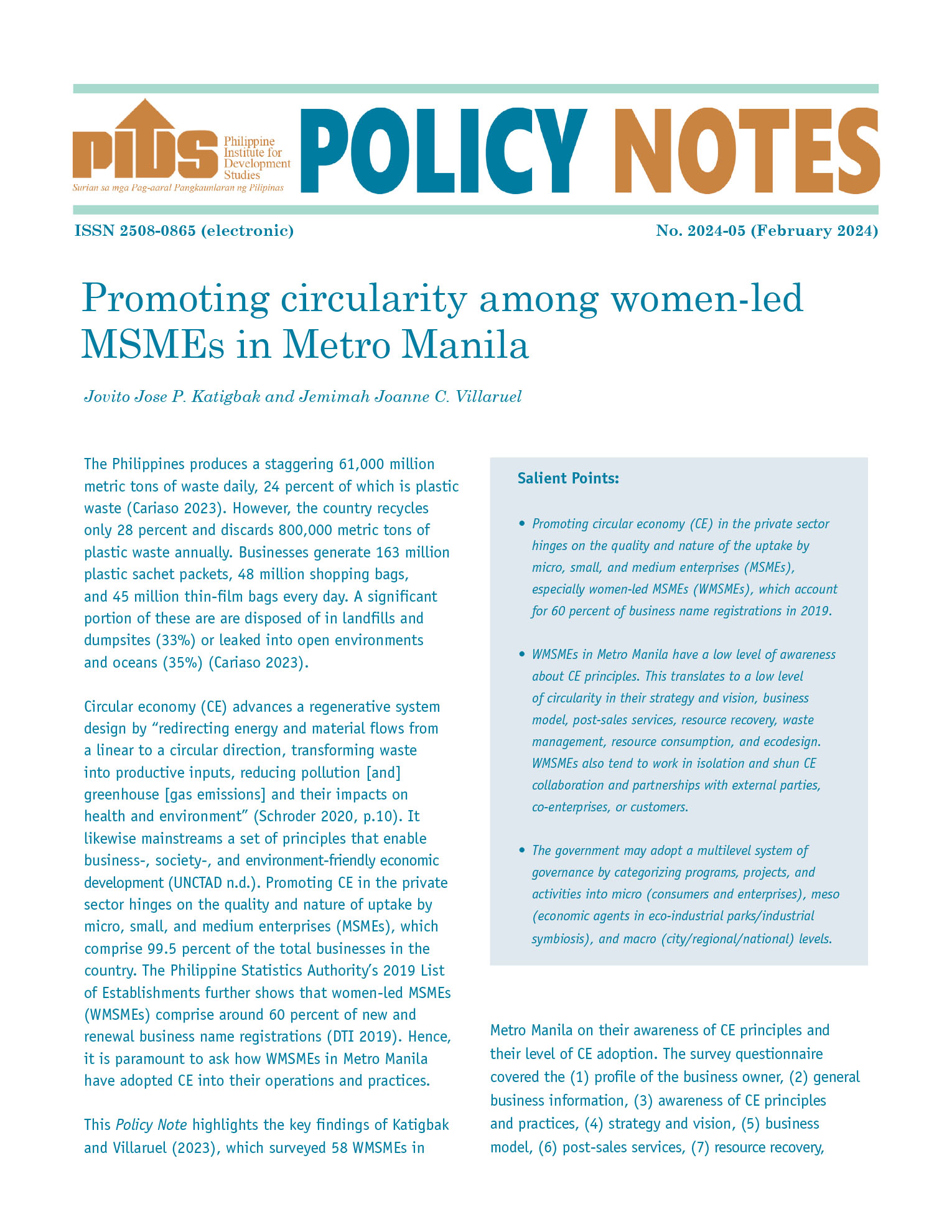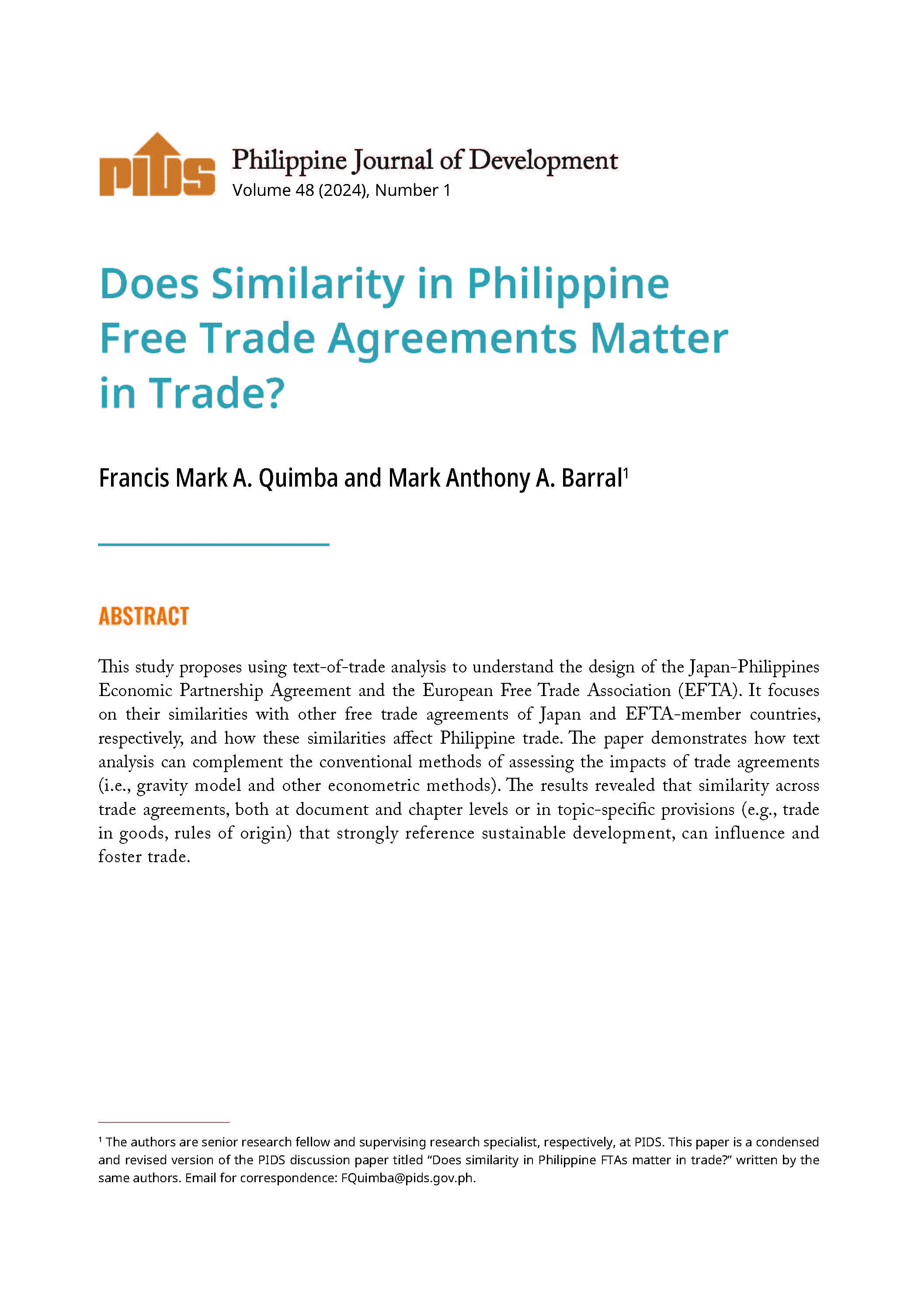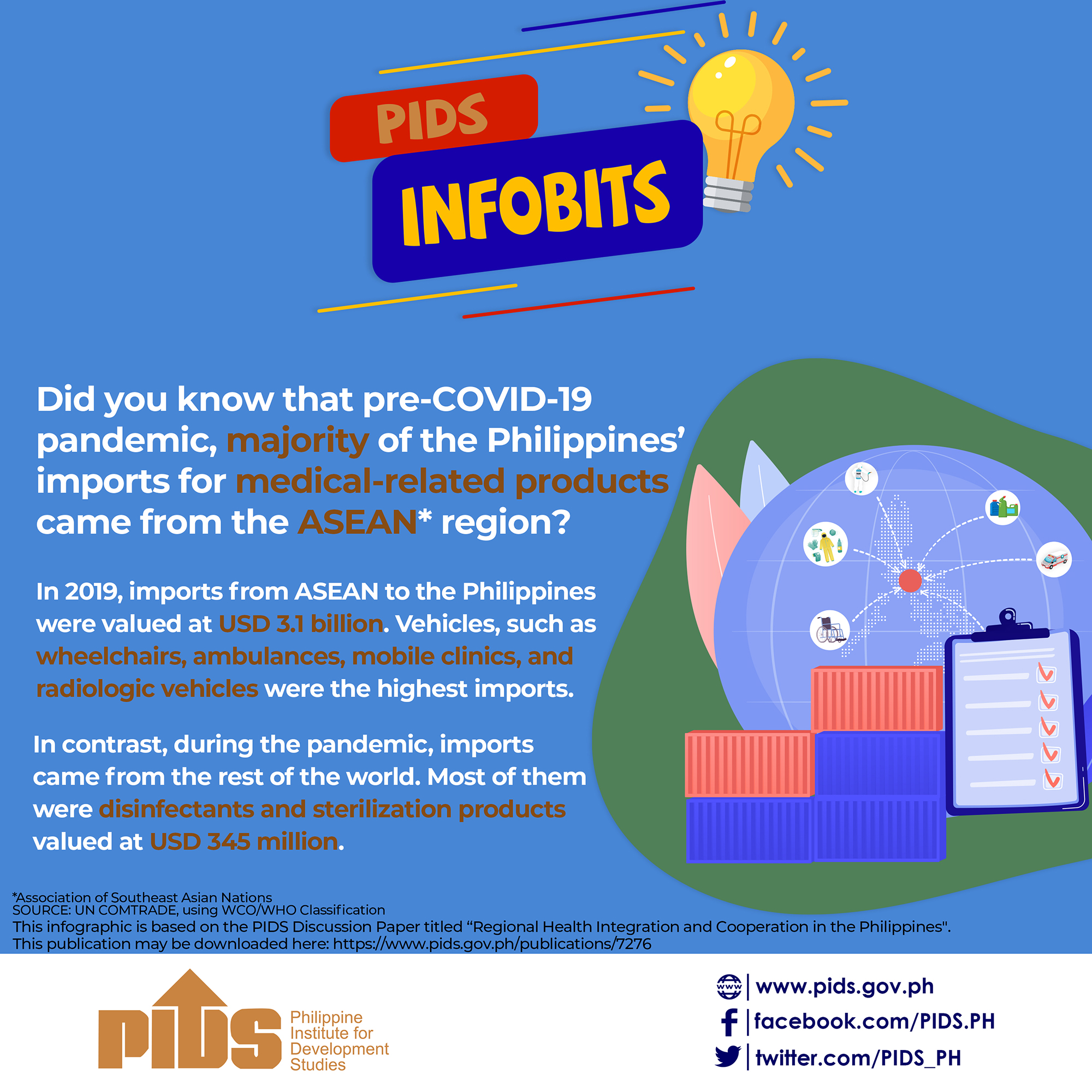The Philippines has exempted most of the farm produce, including rice, and some industrial products such as cement and auto parts from the Regional Comprehensive Economic Partnership (RCEP) to shield these domestic industries from the impact of the mega trade deal that opens 98.1 percent of the country’s tariff lines to cheap imports.
This was revealed by Trade and Industry Assistance Secretary Allan B. Gepty at that RCEP Virtual Presser where he assured local producers of continued protection especially for the agriculture sector from the impact of the mega fair trade deal that spans 15 countries. The Philippines has liberalized 98.1 percent of its tariff lines, mostly intermediate and capital goods.
According to Gepty, aside from rice, some examples of excluded product from the agri sector are live swine, meat, potatoes, onion shallots, garlic, broccoli, cabbage, coffee beans, maize, and sugar. Some of the exempted industrial products are cement, lead acid batteries autoparts, Chemicals (hydrochloric acid, chlorine).
This means that RCEP will not overlap with the Rice Tariffication Law (RTL), which opens up rice importation by lifting the quantitative restriction in lieu of high tariff walls. But farmers, he said, will benefit from cheaper imported farm implements and inputs and cheap intermediate and capital goods to improve their production.
He also cited a 2015 study by the Philippine Institute for Development Studies (PIDS) which showed that manufacturing, construction, transport, machinery and agriculture would benefit from RCEP. Agriculture, he stressed, will benefit from RCEP because it can source and access cheaper farm implements and inputs.
The PIDS study also projected of 10 percent increase in the country’s exports in the RCEP countries, where 60 percent of the country’s imports are sourced from. UNCTAD also released a recent study that showed Philippines exports are expected to increase by at least 10 percent under RCEP.
In addition, he said, RCEP is also aligned and complement the Philippines priority sectors such as auto and parts, electronics, chemicals, ship building, furniture, garments, shipbuilding, creative industry, agribusiness, construction, IT-business process management, transport and tourism among others.
“If you have projects under these sectors, RCEP will further strengthen your initiatives,” he said stressing that the mega trade deal has also a chapter on small and medium enterprises.
In addition, he said, RCEP will complement with the current programs of the government and integrates all bilateral free trade deals that Philippines have currently with other trading partners into one, which is RCEP.
As a trading country, Gepty said RCEP will help Filipino producers access to cheaper sources of inputs in a faster, in a more convenient way and rules based trading system.
But he stressed that what is important is for local producers to take advantage for the benefits that await them under the trade agreement. He urged local firms to avail of the services and programs being offered by the DTI to improve their competitiveness.
He further said that RCEP has chapters on competition where everyone is treated equally. “RCEP will conduct business based on rules not on who is more powerful or more dominant,” he said as he corrected the long-held notion that RCEP is an initiative by China. He said that RCEP was initiated by ASEAN, not China.
RCEP is considered as the largest free trade deal as it covers almost 30% of the population; 30% of GDP; and 28% of global trade.
RCEP is considered as a modern, comprehensive, high-quality, and mutually beneficial FTA, and is expected to provide the much needed and timely boost for economic development not only for the Philippines but for the rest of the region and the world.
With an open, fair, and rules-based trading system, RCEP will help restore business confidence and encourage more economic activities, particularly for MSMEs, investors, service providers, and professionals.
For the Philippines, he said, RCEP will complement ongoing trade and investment reforms and initiatives for the resurgence of the country’s manufacturing sector, enhancement of our investment regime, strengthening of agriculture sector, and integration of its MSMEs into the Global Value Chain through market access provided in goods and services.
PH excludes farm products, cement from RCEP tariff cuts
Related Posts
Publications
Press Releases
Video Highlights
[No related items]









